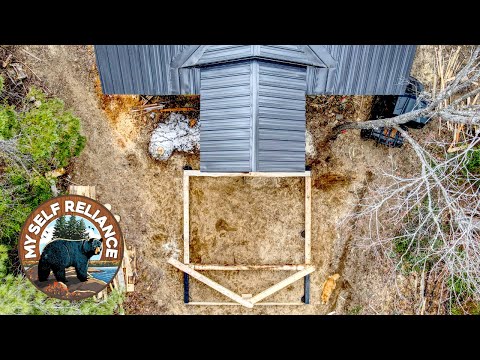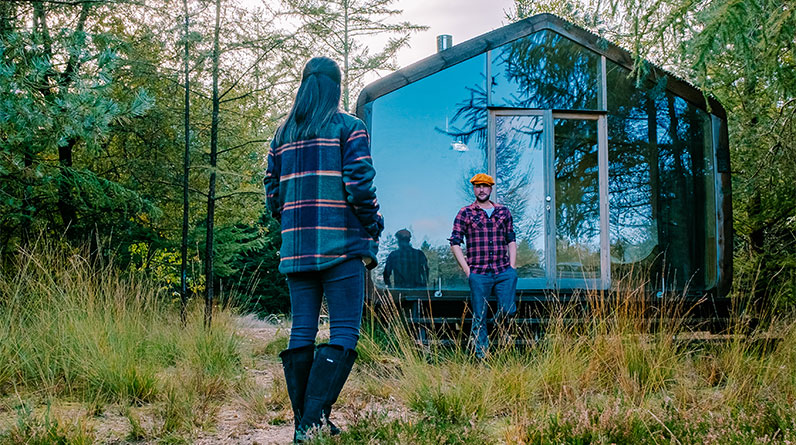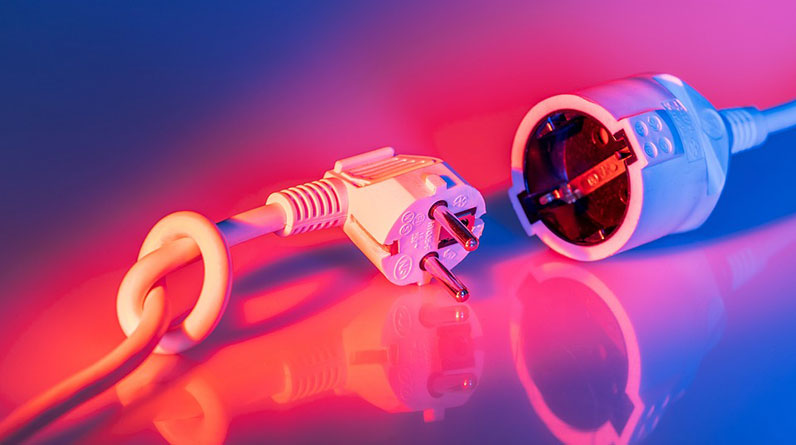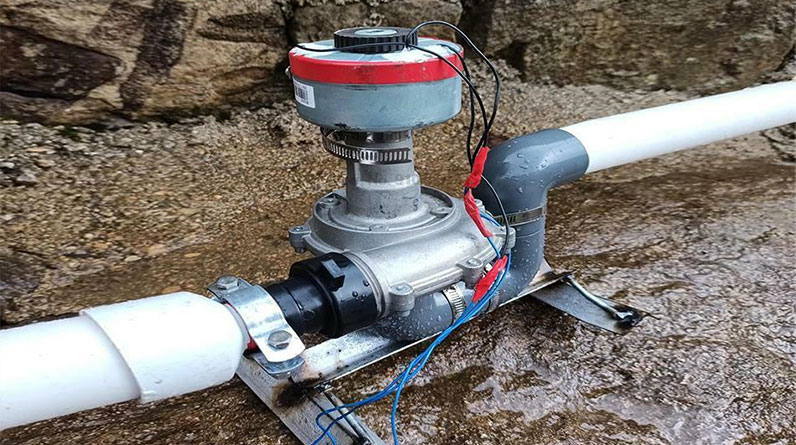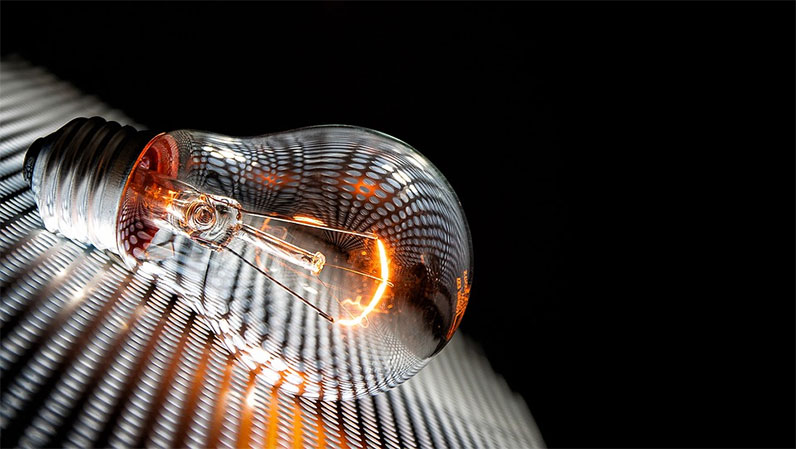
What You Need To Live Off The Grid
It’s no secret that technology has made it easier than ever to live more efficiently. From the invention of the light bulb to modern smart homes, the world is becoming increasingly automated and digitized.
However, with all the advancements we’ve made, there are still some downsides to this way of living. In fact, many people believe that our dependence on technology is having negative effects on our lives.
We are constantly connected and rarely have time for ourselves or extended time with others. Many of us also feel like we never get away from work because it follows us wherever we go.
The need for constant communication can be stifling; many would rather disconnect from social media and other devices for a little while so they can experience life without being observed by artificial intelligence.
Why Live Off The Grid?
The biggest reason to disconnect and live off the grid is to reduce your carbon footprint.
Many of us are guilty of consuming more resources than we need and contributing to the world’s pollution levels. In fact, technology is one of the biggest culprits of this.
Technology requires energy to function, and producing that energy leads to air and noise pollution. Additionally, our devices use up a lot of energy even when they’re turned off.
When you consider the energy used to run the internet, data centers, and our devices, it’s easy to see why some people want to disconnect from technology.
Self-Sustaining Ecosystems
People who want to live off the grid need to create self-sustaining ecosystems.
To do that, you’ll need to use renewable sources of energy, harvest rainwater, and use natural fertilizers. The first step is to find a location that provides you with water, food, and space for gardening.
The location will depend on which of the following methods you use to generate your own power.
Solar panels: If you choose to go solar, you need to make sure the place you choose gets plenty of sun. Be careful not to place the panels in direct sunlight, as they may overheat and break.
Wind turbines: Wind turbines are a great way to generate power, but they work best in open spaces. Don’t place them too close to buildings or trees, as they may break.
Hydroelectric power: This is another great method of power generation, but it only works in places with water. Make sure the place you choose has enough water to support a hydroelectric system.
You Don’t Have To Live In The Dark
It’s a common misconception that you can’t live off the grid if you want to use lights.
In fact, you can use any light you like; you just need to make sure it’s powered by renewable energy. Solar-powered lights are the obvious choice, but there are many options.
You can also use LEDs, which are powered by low-voltage systems. To reduce your dependence on grid-powered lights, make sure you only use them when necessary. If you don’t have access to electricity, you can use gas-powered lights. They create noise pollution and smell, but they’re great for outdoor use.
Unplugging From Technology
To disconnect from technology, you need to start by decluttering your home. Throw away old or unused gadgets, and put your devices on a digital detox.
Many people enjoy a digital detox as a way to reset and relax. You can do it as often as you like, and there are many different apps and games that allow you to unplug.
You can also reduce your dependence on technology by: Growing your own food and cooking your own meals, limiting your internet usage, turning off lights and appliances when you don’t need them, and using public transportation whenever possible.
Living With Nature
To live off the grid and with nature, you need to take care of your land. Make sure to only plant what you need, and don’t use harmful pesticides or fertilizers.
You should also protect and nurture wildlife in your area. Protect wildlife by building feeders and nesting boxes, and don’t forget to maintain a safe distance between you and the wildlife.
If you want to live off the grid, you need to be creative in finding new ways to be more self-sufficient.
Conclusion
The world is becoming increasingly automated and digitized. We are constantly connected, rarely have time for ourselves, and feel like we never get away from work because it follows us wherever we go. To disconnect and live off the grid, you need to reduce your carbon footprint, protect wildlife, and grow your own food.


